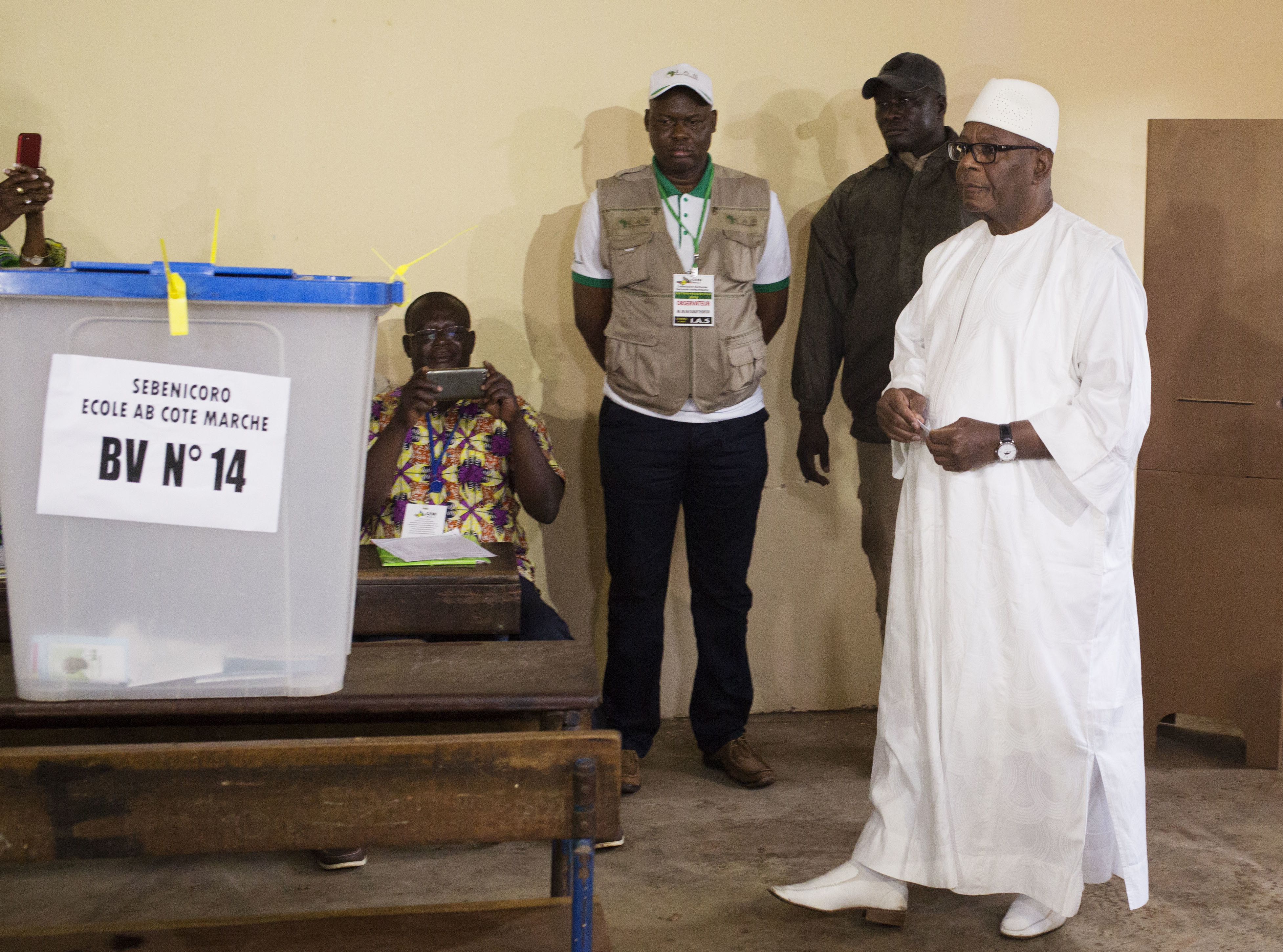German Chancellor Angela Merkel says she won’t run for a fifth term, but the departure of a top ally in her often-cantankerous coalition has raised new doubts about whether her government will even survive until the end of her current term in 2021.
Here’s a look at the political turmoil in Germany right now:
WHAT THE EUROPEAN PARLIAMENT VOTE WROUGHT
Merkel, Germany’s leader since 2005, has run the country for most of her tenure in a “grand coalition” of her center-right Union bloc and the center-left Social Democrats. Those traditionally were Germany’s biggest parties but their support has eroded, particularly that of the Social Democrats.
On May 26, the center-left Social Democrats had a disastrous result in the European Parliament election, dropping to third behind Merkel’s conservative bloc and the environmentalist Greens for their worst post-World War II performance in a nationwide vote.
Andrea Nahles announced her resignation Sunday as the Social Democrats’ leader and head of their parliamentary group, paving the way for what could be prolonged uncertainty about the government’s future.
___
HOW DID WE GET HERE?
Merkel’s fourth-term government took office in March 2018, nearly six months after a national election. The Social Democrats initially vowed to go into opposition after a poor election result, but reluctantly reconsidered.
The coalition has since become notorious for infighting. First, a spat within Merkel’s own bloc over migration. Then an argument erupted over the future of the domestic spy chief, who had appeared to downplay far-right violence against migrants. More recently the two sides have tussled over Social Democratic demands for more generous pensions for low earners.
Support for both coalition partners has fallen, with the Greens in particular benefiting from general discontent and a perception that the government isn’t acting decisively enough to fight climate change.
___
WHY DOES IT MATTER?
If the Social Democrats decide that they want to leave the coalition, that would likely lead to an early election, which would end Merkel’s nearly 14-year reign. Merkel’s bloc alone is far from having a parliamentary majority.
Merkel, 64, said last year she won’t seek a fifth term as chancellor. Her successor as leader of her Christian Democratic Union, Annegret Kramp-Karrenbauer, has had a bumpy start and polls suggest Merkel remains more popular.
There is no realistic chance that the pro-business Free Democrats and Greens could jump in as Merkel’s new coalition partners without a general election. Polls are now far more favorable to the Greens than before the 2017 election, when they emerged as the smallest party in parliament. And the Free Democrats have made clear they don’t want to join a Merkel government.
___
WHY ARE THE SOCIAL DEMOCRATS IN TROUBLE?
The Social Democrats’ share of the vote has declined from 40.9% in Germany’s 1998 national election to just 15.8% in last month’s European election. Many supporters were alienated by labor reforms and welfare-state cuts introduced by Merkel’s predecessor as chancellor, Gerhard Schroeder, though they were credited with boosting the German economy.
In 2005, the party became Merkel’s junior partner in a “grand coalition.” It has been in that awkward position ever since, apart from a four-year break between 2009 and 2013.
The party has struggled to sell its achievements in government, often complaining that Merkel — who has moved her own party steadily to the center — has taken credit for them. Germany’s introduction of a national minimum wage and same-sex marriage, for example, were policies that Merkel had long opposed but allowed to happen at the Social Democrats’ insistence.
___
WHAT’S NEXT IN GERMAN POLITICS?
A trio of senior Social Democrats —Manuela Schwesig, Malu Dreyer and Thorsten Schaefer-Guembel — will serve as interim leaders until a longer-term successor is in place. That is likely to take a few months.
They said Monday the leadership will consider procedures for electing a successor on June 24 and also discuss the party’s expectations for a midterm review this fall of the coalition — long viewed as something that could end Merkel’s coalition.
Social Democrats in the eastern state of Saxony-Anhalt on Monday backed ending the coalition with Merkel.
Further tests loom that could destabilize the government. On Sept. 1, the eastern states of Saxony and Brandenburg hold elections that could bring further setbacks for the governing parties. The far-right Alternative for Germany party is strong in both — as it is in a third state, Thuringia, which votes on Oct. 27.q



















